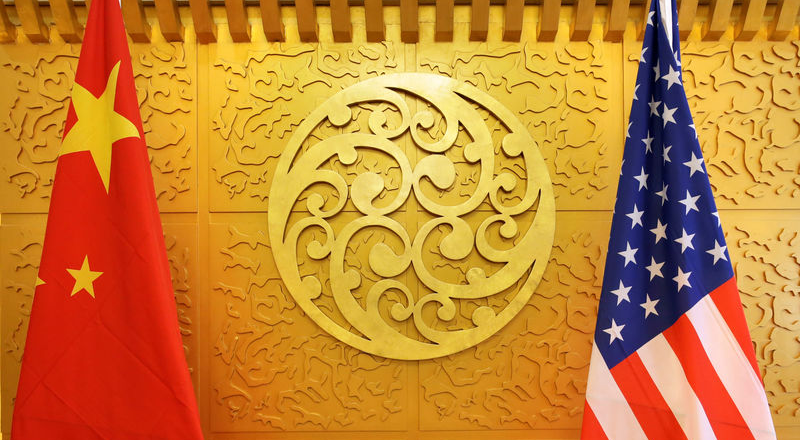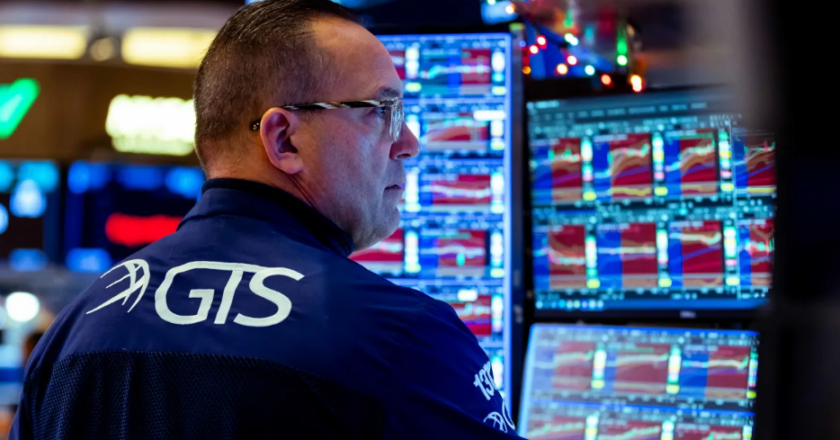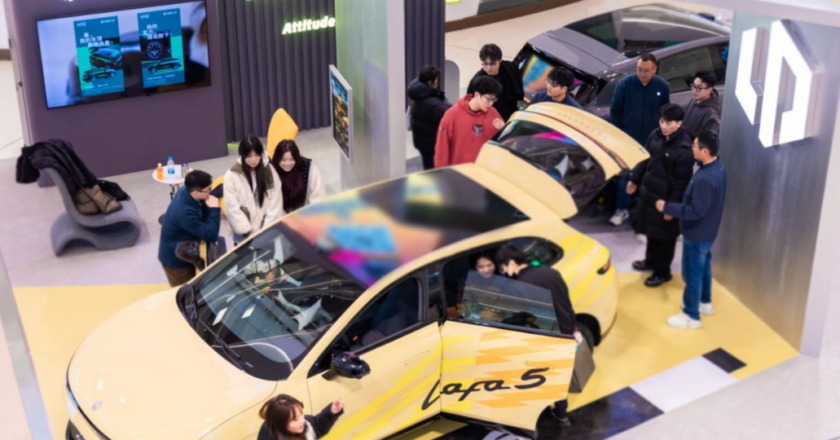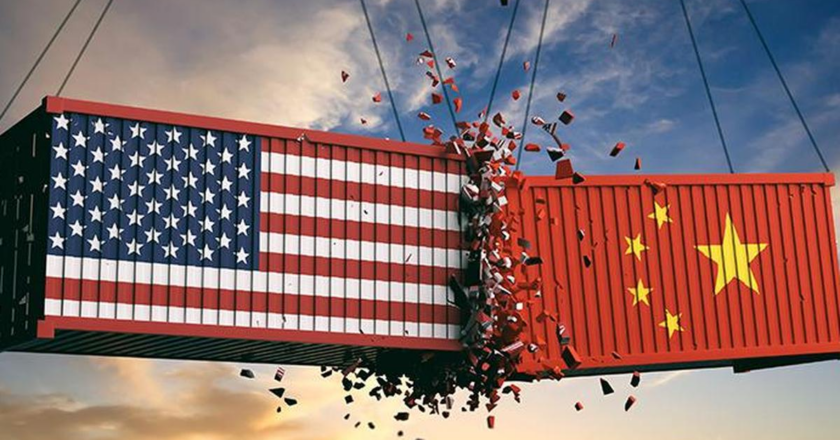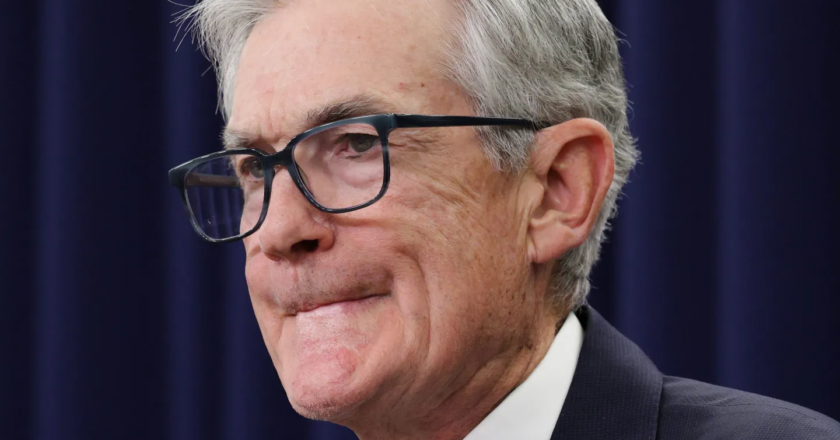Gold Drops On Thin Volumes As US And China Markets Remain Shut
Kedia Advisory - Gold slipped 0.73% to settle at 154,760, weighed down by profit-taking and thin volumes, as U.S. and Chinese markets remained closed. Traders stayed cautious ahead of the Federal Reserve’s March 18 meeting. While Chicago Fed President Austan Goolsbee indicated rates could eventually move lower, he acknowledged that services inflation remains sticky. U.S. CPI rose 0.2% in January, reinforcing expectations that the Fed may hold rates steady for now, even as markets price in 75 basis points of cuts later this year, with the first likely in July.
Geopolitical tensions offered underlying support, with reports suggesting the U.S. military is preparing for a potential prolonged operation against Iran if authorised. Meanwhile, ANZ raised its second-quarter ...
